Learning how to have empathy for your partner or spouse is a great way to build closeness and trust. When someone empathizes with you, it leads to feeling accepted, connected, and understood. Empathy builds intimacy while a lack of empathy creates distance and separation. To grow in empathy, it is important to understand what it is and how it works. For those lacking in empathy, there is hope. Empathy can be learned.
What is Empathy?
What does having empathy mean to you? Think of a time when you felt most understood or listened to after sharing a difficult story with someone. What did the other person say or do in response? Did they cut the conversation short and walk away? Maybe they validated or dismissed your feelings. Or did they sit with you patiently and listen in silence? Most people have heard empathy defined as walking in another person’s shoes but what does that mean?
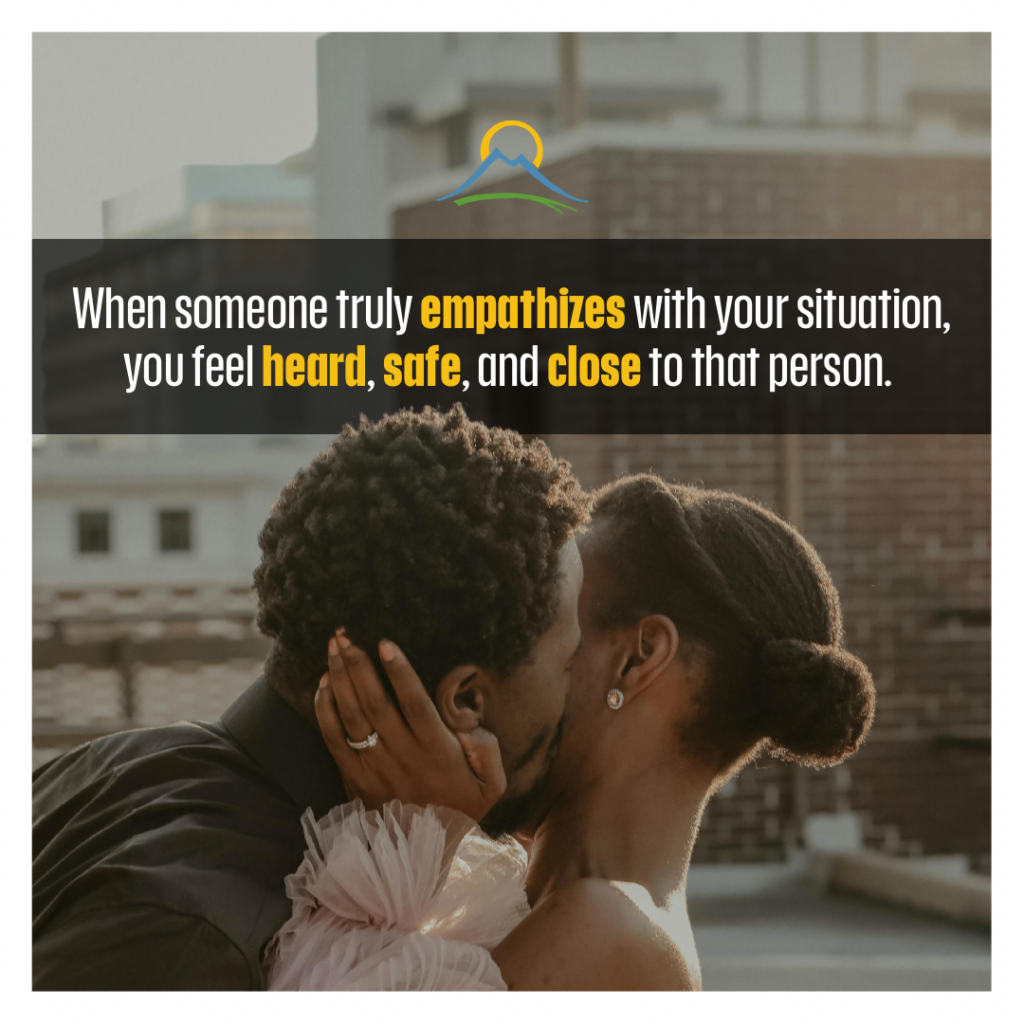
Szalavitz & Perry (2010) describe empathy as both seeing and feeling a situation from another person’s point of view with the primary focus being on the other person’s feelings, not your own. Sympathy, in contrast, involves understanding what someone is going through cognitively, but without the feeling part (Szalavitz & Perry, 2010).
In short, empathy happens at both the head and heart level (understanding and feeling), while sympathy happens more at the head level, excluding the heartfelt awareness of another person’s feelings. Another response similar to empathy but going one step further is compassion, which Singer & Klimecki (2014) define as having concern for the hardships of others accompanied by taking action to help. When someone truly empathizes with your situation, you feel heard, safe, and close to that person. Extending empathy allows for trust to develop.
How Having Empathy Builds Trust.
What is the connection between empathy and trust? Szalavitz & Perry (2010) state that it is not possible to experience trust in relationships without the presence of empathy. Think back on a past broken relationship and reflect on how safe or unsafe you felt with that person. Did they listen to you when you needed to talk or did they ignore your feelings and leave you feeling shut down?
In a relationship, when your partner empathizes with you, your brain identifies that safety has been created which allows for trust to be formed. At the biological level, building trust involves the release of oxytocin in the brain as a means to identify another person as being safe, while simultaneously lowering heart rate and blood pressure (Szalavitz & Perry, 2010).
When you trust your partner, a neurochemical reaction happens that relieves stress and calms you down. Trust and empathy go hand-in-hand and trust is the foundation of all healthy relationships. If you want to build trust in your relationship. Start showing more empathy with your partner.
How to Learn Empathy.
How is empathy learned? Empathy happens in steps first seeing another person’s emotions, then thinking about them, followed by responding to them (EU Science & Innovation, 2017). Seeing someone express emotion causes an immediate response in the brain through mirror neurons. You might understand this concept if you have ever teared up after watching an emotional tv commercial or felt angry after witnessing injustice on the news.
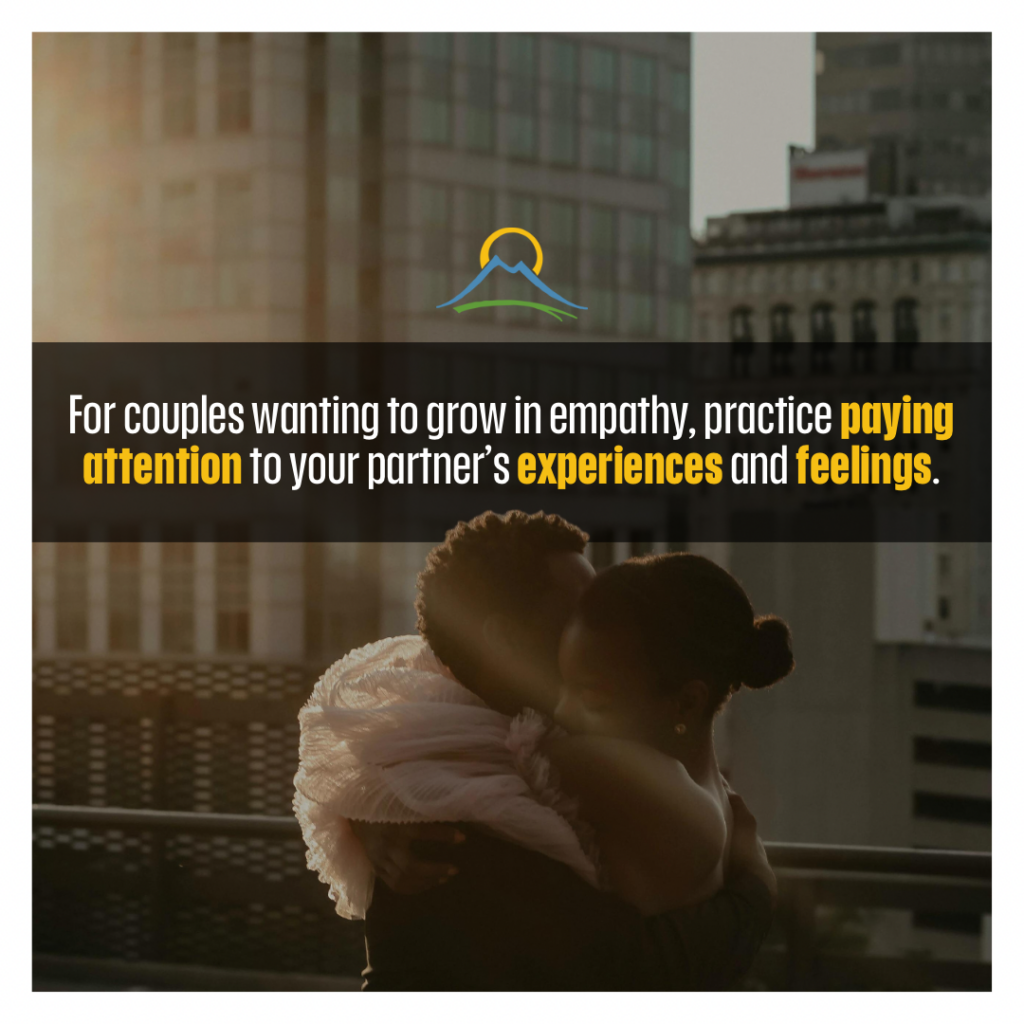
Decety & Ickes (2011) state that before we can have empathy for others, we must first understand their emotions, which happens through mirror neurons. For couples wanting to grow in empathy, practice paying attention to your partner’s experiences and feelings. Listen to their tone of voice, and observe their body language. Think about what is being communicated. If you don’t know, ask how they are doing or what they are feeling at the moment. This process helps create new neuropathways in the brain that increases your ability to have empathy (Neukrug et al., 2013).
If you struggle to identify emotions and feelings, search for a ‘feelings wheel’ online to use as a visual reference tool. In the world of psychology, Carl Rogers used empathy with clients as the foundation of his Person-centered Therapy (Corey, 2017). Rogers speaks to the importance of empathy in his famous quote:
“To my mind, empathy is in itself a healing agent. It is one of the most potent aspects of therapy, because it releases, it confirms, it brings even the most frightened client into the human race. If a person is understood, he or she belongs.”
(Rogers, 1986)
Take a step today and start being more empathetic with your partner as a way to build trust and increase intimacy in your relationship.
Conclusion
If you would like to learn how to improve empathy in relationships, or you are going through a difficult season and need a counselor to empathize with your situation, we are here to help. Please contact Pacific Mental Health today to connect with a counselor who utilizes Person-centered Therapy as part of the therapeutic process working towards mental health healing and change.
References
- Corey, G. (2017). Theory and practice of counseling and psychotherapy (10th ed.). Cengage Learning.
- Decety, J., & Ickes, W. (Eds.). (2011). The social neuroscience of empathy. The MIT Press.
- EU Science & Innovation. (2017, January 23). The Empathic Brain, MSCA, Neuroscience [Video]. YouTube. https://www.youtube.com/watch?v=yWL4HEKNDfY&t=8s
- Neukrug, E., Bayne, H., Dean-Nganga, L., & Pusateri, C. (2013). Creative and novel approaches to empathy: A neo-rogerian perspective. Journal of Mental Health Counseling, 35(1), 29-42. https://doi.org/10.17744/mehc.35.1.5q375220327000t2
- Rogers, C. (1986). Carl Rogers Empathy Quotes. Culture of empathy. http://cultureofempathy.com/References/Experts/Carl-Rogers-Quotes
- Singer, T., & Klimecki, O.M. (2014). Empathy and compassion. Current biology, 24(18), R875-R878. https://doi.org/10.1016/j.cub.2014.06.054
- Szalavitz, M., & Perry, B. D. (2010). Born for love: Why empathy is essential and endangered. HarperCollins.
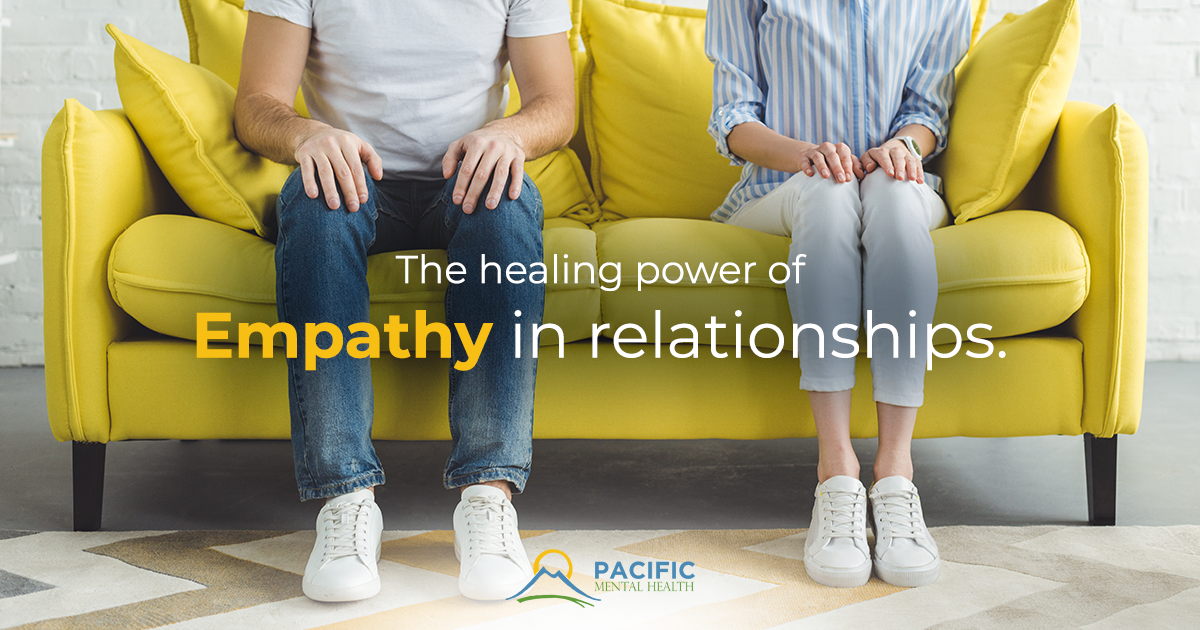
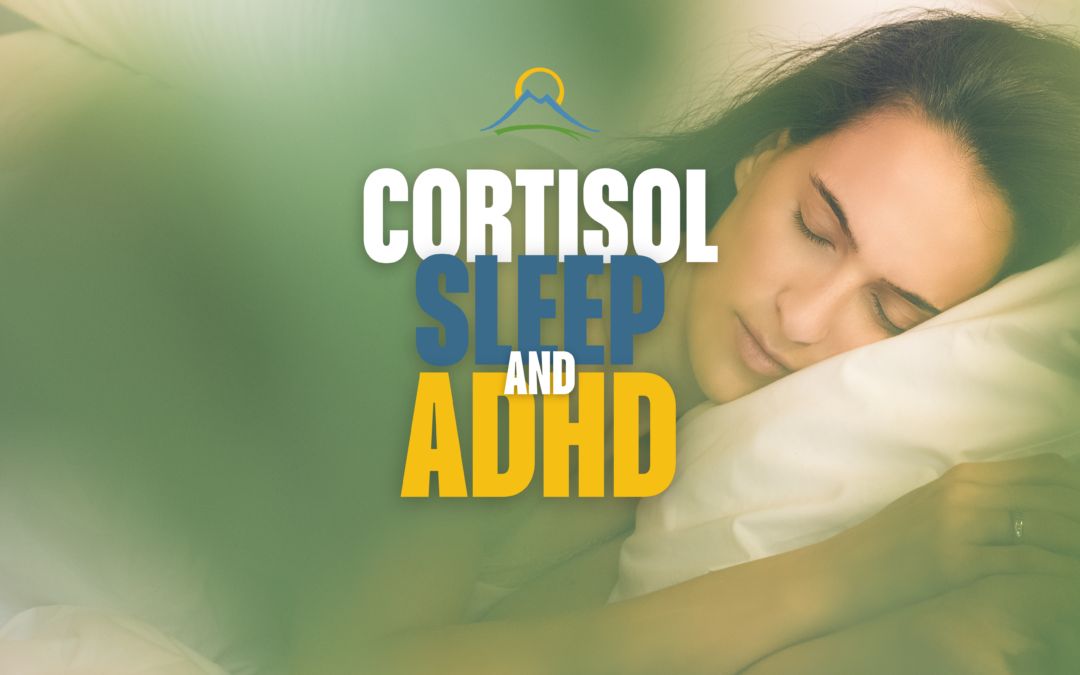
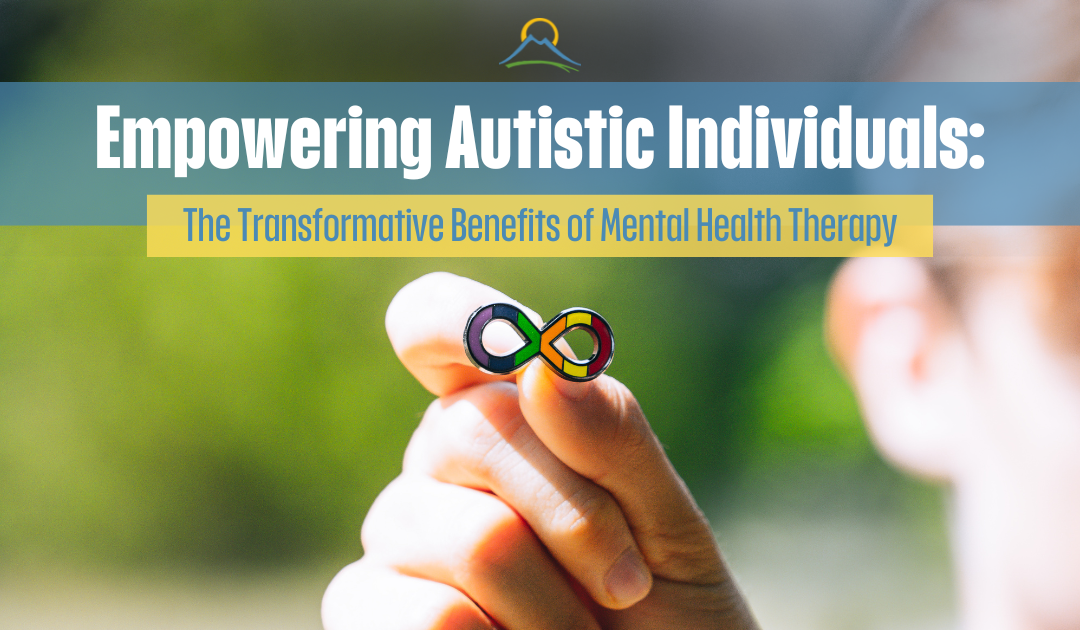




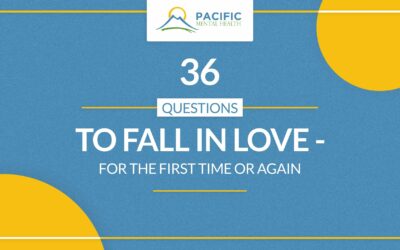
0 Comments